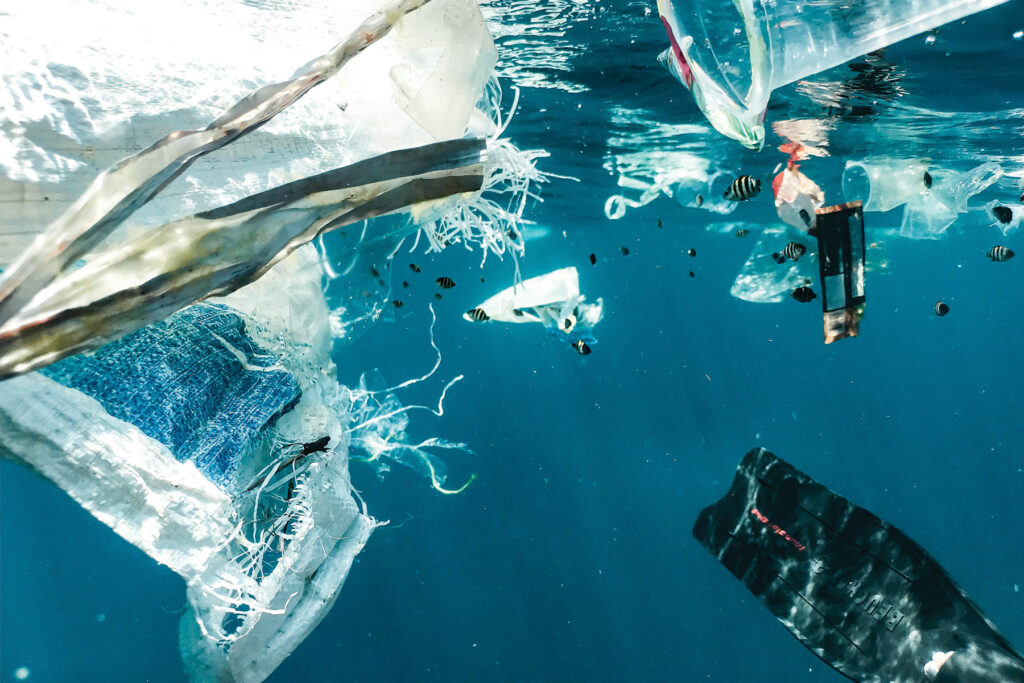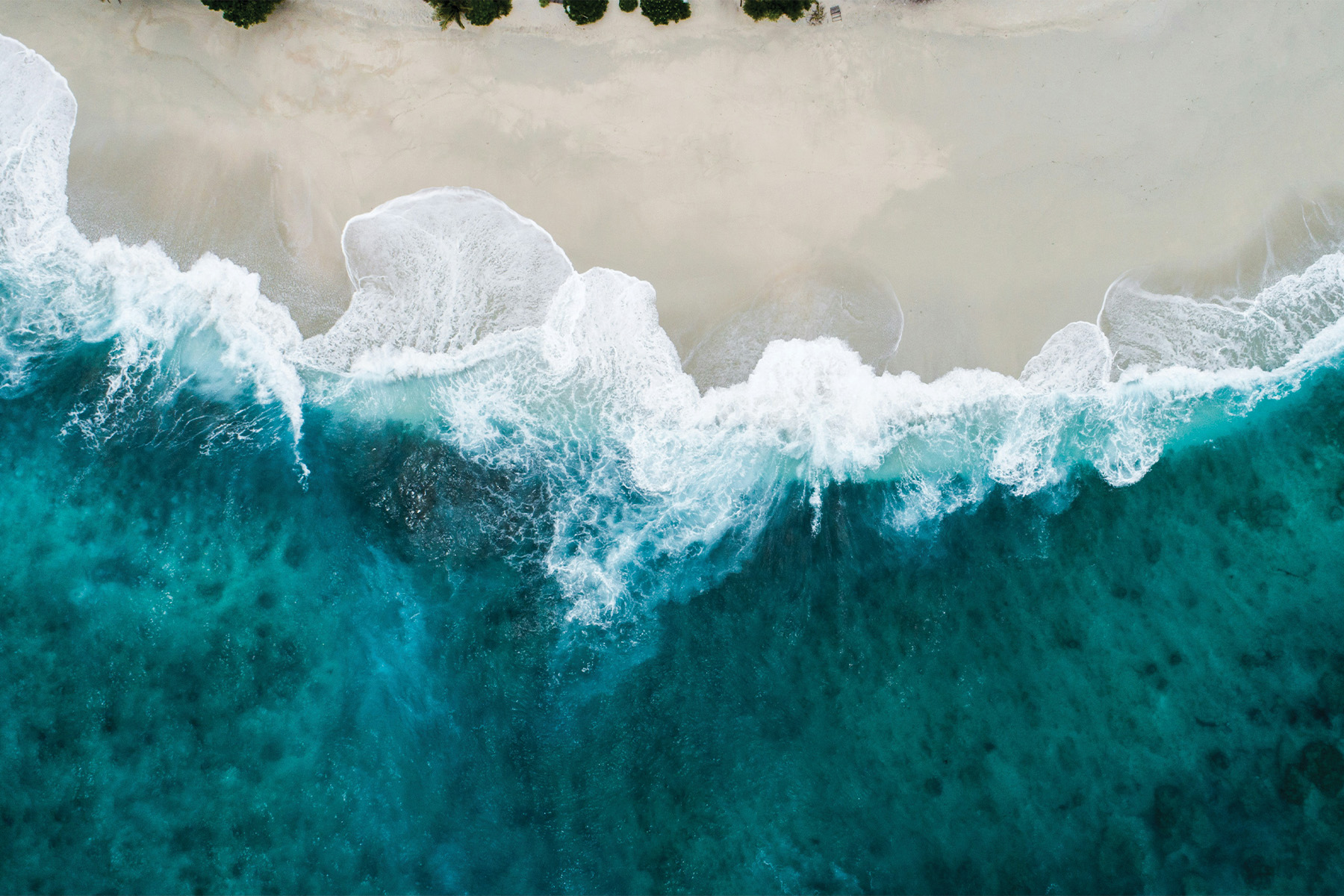As we navigate the challenges of the 21st century, the health of our oceans remains a critical concern. Oceans cover more than 70% of our planet’s surface and are integral to life on Earth. However, the future of these vast, life-sustaining waters are increasingly threatened. Ensuring our oceans are clean is not just an environmental issue but a necessity for the survival of countless species, including humans.
Here’s why clean water is vital for the future of our oceans.
The Lifeblood of Marine Ecosystems
Clean water is the cornerstone of healthy marine ecosystems.
From the tiniest plankton to the largest whales, these ecosystems rely on the purity of water to sustain life. Pollutants such as pathogens, plastics, and chemicals disrupt the delicate balance of marine environments, leading to the decline of species and the degradation of habitats.

Coral reefs are incredibly sensitive to changes in water quality. Polluted water can lead to disease, coral bleaching, and death, impacting not only the corals but also the myriad of species that depend on them for shelter and food.
Human Health and Food Security
Did you know? Approximately three billion people rely on seafood as a primary source of protein.
Contaminated water affects the health of fish and other marine organisms, impacting the safety and availability of seafood for human consumption. Toxins such as mercury and microplastics accumulate in marine life and can pose significant health risks to humans who consume contaminated seafood.
Moreover, many coastal communities depend on clean oceans for their livelihoods. Fishing, tourism, and recreation industries all require healthy marine environments.

The degradation of water quality can lead to economic losses and affect the well-being of these communities.
Climate Regulation
Oceans play a pivotal role in regulating the Earth’s climate.
They absorb a significant amount of carbon dioxide (CO2) and heat, helping to lessen the impacts of climate change. However, polluted and degraded oceans lose their capacity to perform these essential functions.
Pollution can also exacerbate ocean acidification, a process where increased CO2 levels lower the pH of seawater. This has severe consequences for marine life, particularly for organisms with calcium carbonate shells or skeletons, such as mollusks and corals.

Maintaining clean water in our oceans is essential to support their role in climate regulation and to protect marine biodiversity.
Biodiversity and Conservation
Clean water is crucial for the conservation of marine biodiversity.
Polluted oceans can lead to dead zones—areas with such low oxygen levels that marine life cannot survive. These zones are often caused by nutrient pollution from agricultural runoff, which leads to algal blooms that deplete oxygen in the water.Protecting our oceans from pollution helps preserve the rich biodiversity that is essential for ecosystem resilience. Biodiverse ecosystems are better able to withstand and recover from environmental stressors, making the health of our oceans a matter of global environmental stability.
What Can Be Done?
Protecting the future of our oceans requires concerted efforts at multiple levels.
We need to reduce pollution. Limiting the use of single-use plastics, properly disposing of waste, and reducing chemical runoff from agriculture and industry are critical steps.
We need to adopt sustainable practices. Promoting sustainable fishing and aquaculture practices helps ensure that marine populations remain healthy and that ecosystems are not overexploited.
We need stronger climate action. Addressing climate change through reducing greenhouse gas emissions will help mitigate the effects of global warming and ocean acidification.
We need dedicated conservation efforts. Establishing marine protected areas, implementing wastewater treatment plants, and supporting conservation initiatives can safeguard critical habitats and species.
We need public awareness and education. Increasing awareness about the importance of clean oceans and encouraging responsible behavior among individuals and communities is essential.
It’s crystal clear…clean water is vital for the health and sustainability of our oceans and our planet. It supports marine life, human health, and economic stability, and plays a key role in regulating the Earth’s climate. Protecting our oceans from pollution and degradation is a shared responsibility that requires urgent and sustained action. The future of our planet depends on it.

